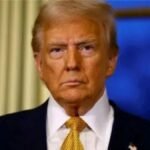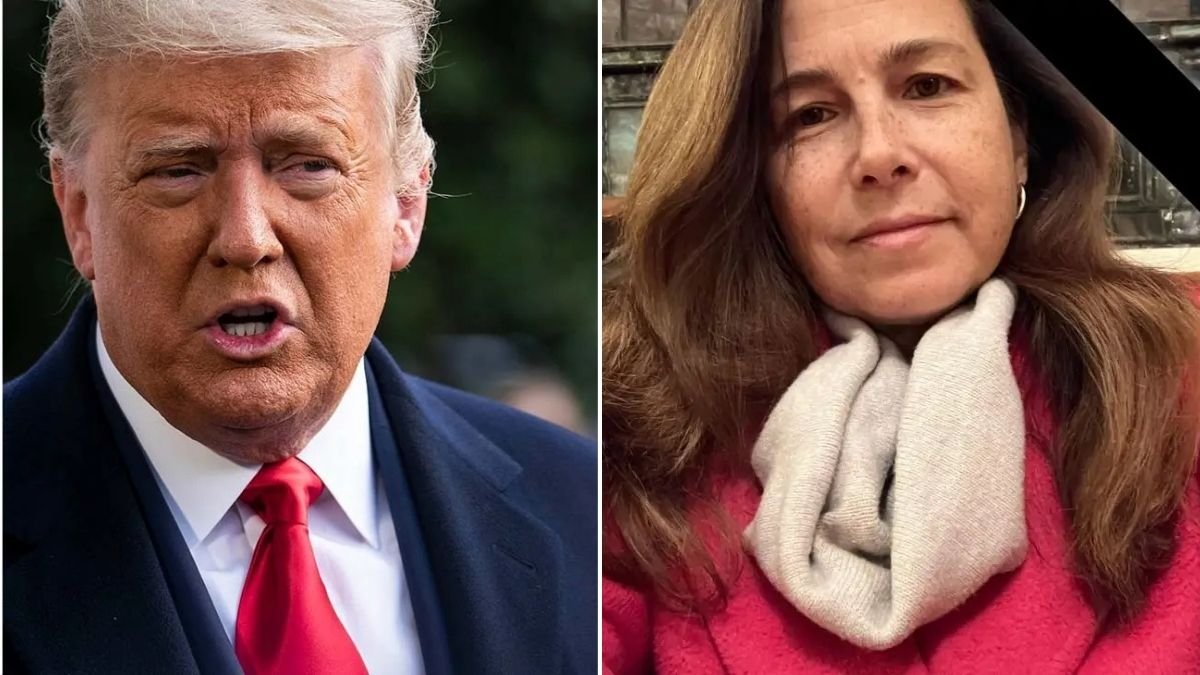In a striking declaration, former Trump adviser Stephen Miller warned that a second Trump presidency would direct the full force of law enforcement against political and financial rivals, signaling a harsh approach to opposition.
Miller said the government would not only target those accused of crimes but also strip away financial strength and political influence from adversaries of the former president, amplifying fears of authoritarian-style governance.
“The power of law enforcement under President Trump’s leadership will be used to find you, take away your money, take away your power, and, if you have broken the law, take away your freedom,” Miller stated at a recent appearance.
The remark comes as Trump continues his campaign to return to the White House. His allies have increasingly highlighted a message of retribution rather than reconciliation, framing the presidency as a means to “settle scores.”
For Trump’s inner circle, this vision of state power focuses less on policy issues and more on the direct punishment of perceived enemies, which could include political rivals, media groups, and federal workers.
This rhetoric stands apart from traditional campaign messaging that often stresses inclusion or bipartisanship. Instead, Miller’s words suggest an expanded role for federal agencies in political conflict, raising alarms across political divides.
Legal experts warn that such use of government power could blur constitutional boundaries, weakening protections meant to separate political objectives from law enforcement responsibilities. Many fear a reshaping of the balance of power.
Critics see this as a step toward authoritarian control, where the justice system acts to silence rivals. Such concerns echo around debates about democracy’s resilience in the face of growing political polarization.
Some supporters, however, welcome Miller’s forceful tone. For them, the use of federal power against opponents represents fairness, a correction against what they believe has been years of bias against Trump and his allies.
Backers say the promise to take away “money, power, and freedom” sounds firm, reflecting anger among conservative voters. They see the pledge as restoring order and cracking down on what they call corruption.
Observers, though, stress that framing political rivals as targets of enforcement could undermine faith in the neutrality of U.S. institutions. If opponents fear they may face legal or financial retaliation, democratic space narrows.
The potential second Trump term has been repeatedly described by allies as an era of accountability and punishment. Such messaging marks a shift from traditional promises about job growth, tax reform, or foreign policy.
This emphasis on control raises serious democratic questions: How far can a president direct law enforcement before it becomes a tool of political revenge rather than justice?
Civil liberties groups already warn that, if unchecked, such strategies could erode freedoms guaranteed by the Constitution, leaving fewer safeguards for dissenters or those critical of the administration.
For many voters, the choice in 2025 now appears less about economic policies or healthcare, and more about the future meaning of presidential power and the survival of democratic systems.
[inline_related_posts title=”RECOMMENDED” title_align=”left” style=”list” number=”2″ align=”none” ids=”” by=”primary_cat” orderby=”rand” order=”DESC” hide_thumb=”no” thumb_right=”no” views=”no” date=”yes” grid_columns=”2″ post_type=”” tax=””]
The road ahead is turbulent as Trump doubles down on themes of retribution. Miller’s words outline a philosophy of governance that prioritizes loyalty and punishment over compromise and dialogue.
The warning makes clear that, should Trump regain office, political opponents may face not only defeat at the polls but also investigations, seizures, and loss of freedom at the hands of state power.
Voters, scholars, and civil liberties advocates now wait to see whether these remarks are campaign rhetoric or a blueprint for how U.S. governance might be reshaped. For many, the stakes could not be higher.














